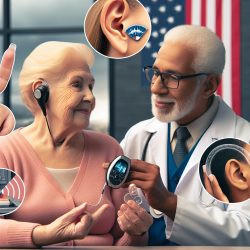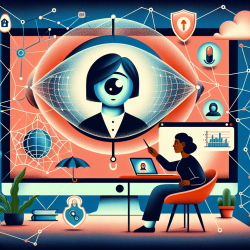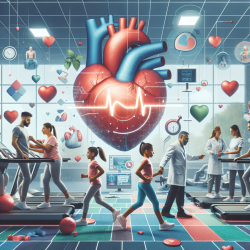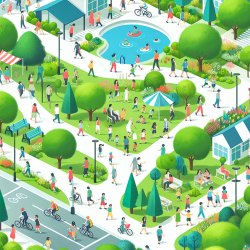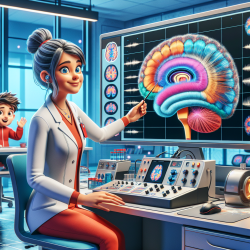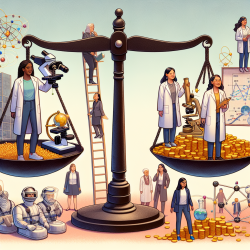Introduction
The intersection of gender identity and eating disorders (EDs) is a complex and underexplored area, particularly within transgender and nonbinary (TNB) communities. The research article “How Do I Exist in This Body…That’s Outside of the Norm?” provides valuable insights into the experiences of TNB individuals with atypical anorexia. This blog aims to guide practitioners in improving their skills by implementing the research findings and encouraging further exploration of this critical topic.
Understanding the Research
The study followed nine TNB adults with atypical anorexia over a year, revealing four key themes: Conforming, Coping, Connecting, and Critiquing. These themes highlight how societal pressures, gender dysphoria, and body dissatisfaction contribute to ED vulnerability. Participants described their EDs as coping mechanisms for distress and emphasized the importance of connecting with affirming communities during recovery.
Implications for Practitioners
1. Create Affirming Environments
- Ensure that therapy settings are inclusive and welcoming to TNB individuals by using correct pronouns and providing gender-neutral facilities.
- Incorporate training on TNB-affirming care to better understand and address the unique needs of TNB patients.
2. Address Societal Pressures
- Recognize the impact of societal discrimination and gender norms on body image and EDs.
- Facilitate discussions that explore these pressures and their influence on patients' mental health.
3. Enhance Coping Strategies
- Support patients in developing new coping mechanisms that do not rely on disordered eating behaviors.
- Encourage practices that promote body connection and acceptance, such as mindfulness and body-positive activities.
4. Foster Community Connections
- Help patients connect with communities and ideologies that resist oppressive norms and affirm their identities.
- Promote critical consciousness as a tool for understanding and resisting systemic discrimination.
Encouraging Further Research
While this study provides essential insights, further research is needed to explore the diverse experiences of TNB individuals with EDs. Practitioners are encouraged to engage with ongoing research and contribute to the development of more inclusive and effective treatment models.
To read the original research paper, please follow this link: How Do I Exist in This Body…That’s Outside of the Norm?” Trans and Nonbinary Experiences of Conformity, Coping, and Connection in Atypical Anorexia.
